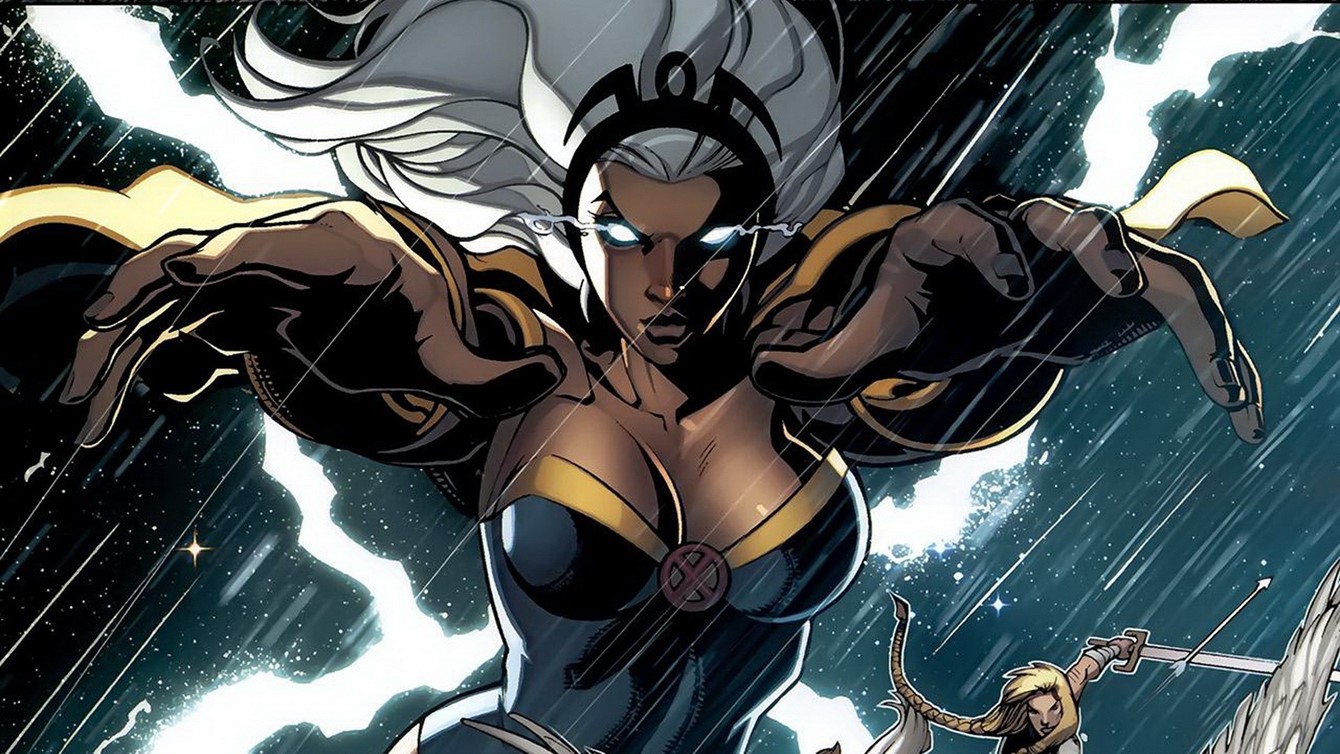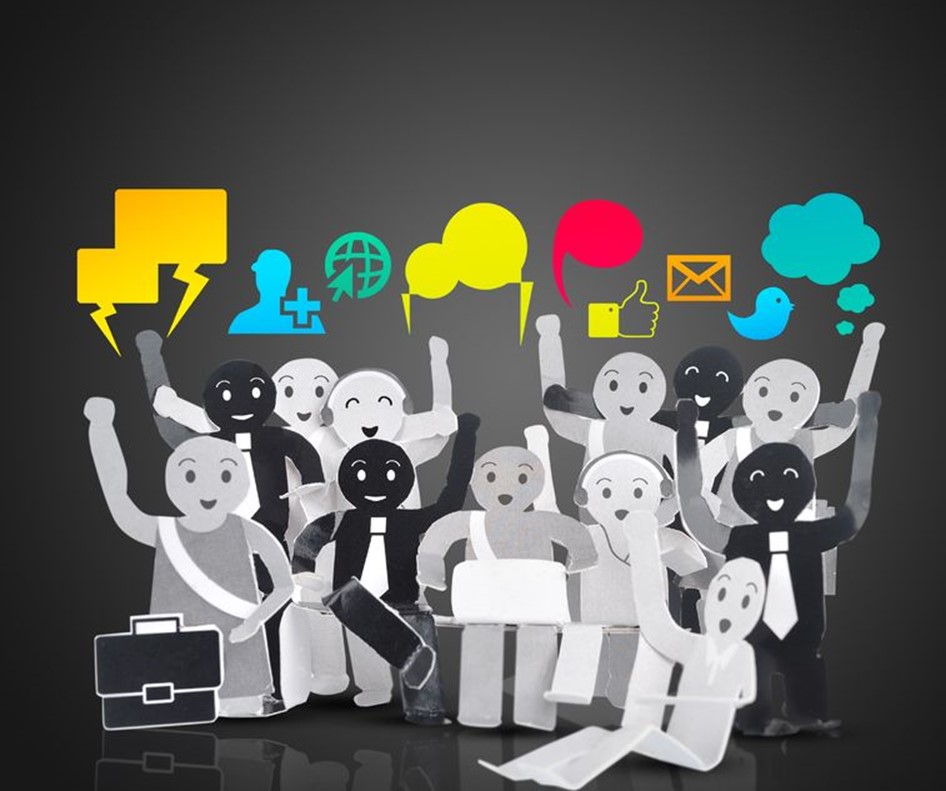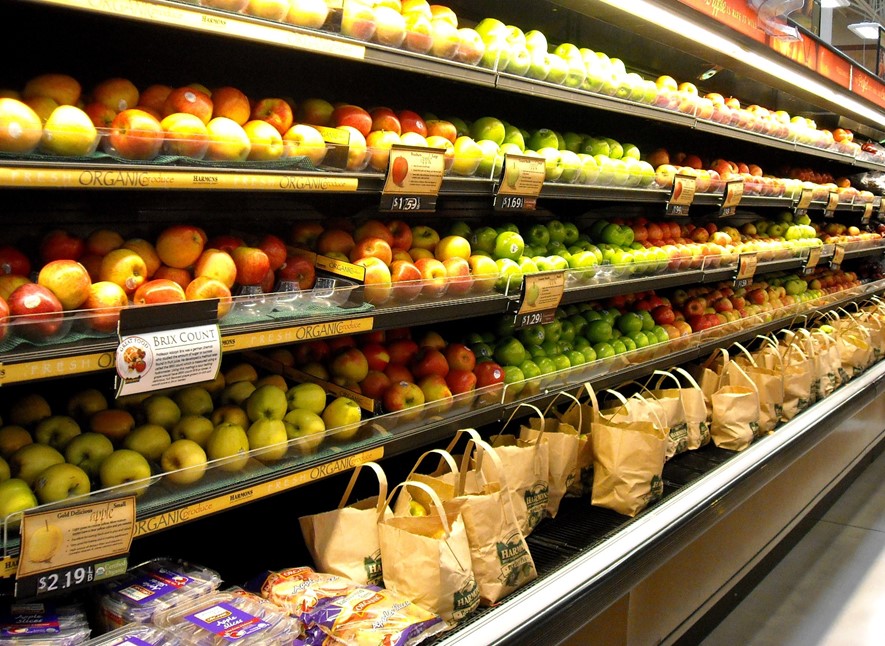Spreading Broadband
June 5, 2014 in Daily Bulletin

The biggest tech companies are working to spread internet access across the world. Leo Mirani took a look at their approaches:
- Google is planning to use satellites, balloons, and drones to provide internet access to low income communities.
- Facebook also dished out $20 million for experts in solar-powered drones that can be used to spread internet.
- A more modest idea is to utilized unused parts of the electromagnetic spectrum reserved for television. These unused parts are the space in between television channels – white space.
- In tests run by Microsoft in Kenya, the company was able to provide internet access for $5 per month – cheaper than the plans offered by mobile providers.
Read more about the various approaches here.
Source: Quartz

















Join the Discussion! (No Signup Required)